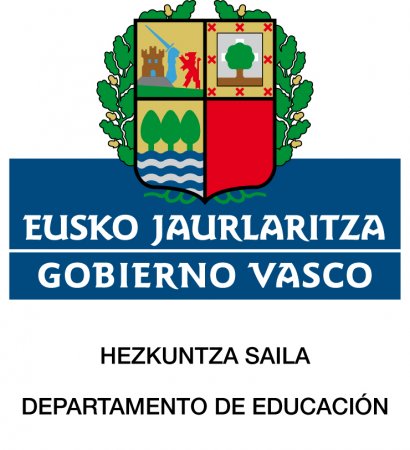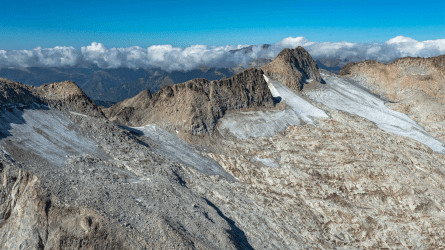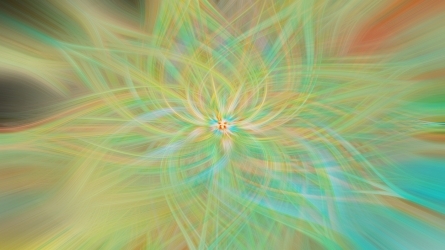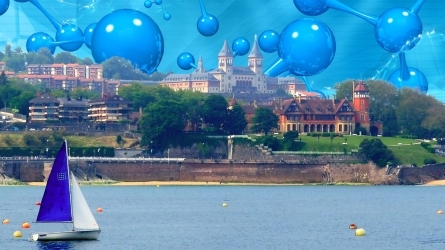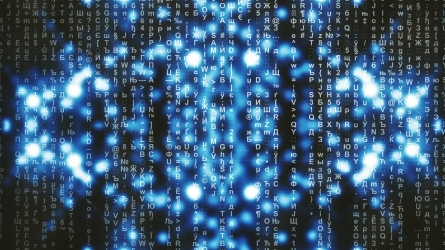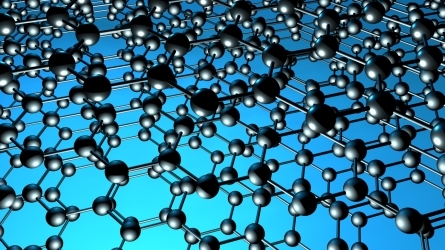
Optics, Electronics and Magnetism in 2D Materials Workshop (OEM-2D)
Description
Optics, Electronics and Magnetism in 2D Materials worshop (OEM-2D) is a dynamic and cutting-edge event at the intersection between materials science and condensed matter physics, with experts in the field of two-dimensional nanostructures including flakes, layers and nanostructures, and studying phenomena related to electronics, magnetism and optics. This workshop focuses on the structure-property interplay in its shaping of the electronics and magnetic materials of today. Other nanostructures related to surfaces are also welcome. OEM-2D aims to foster collaboration, bringing together leading researchers and scientists from diverse disciplines, such as devices, modelling,... to facilitate the exchange of knowledge and ideas, paving the way for the studying innovative materials to be used in the engineering of future technologies such as valleytronics, spintronics and quantum computing.
ORGANIZING COMMITTEE:
Prof. Garnett Bryant, Joint Quantum Institute, National Institute of Standards and Technology, United States; University of Maryland, United States
Prof. Dr. R Thomas Weitz, Georg-August University Göttingen, Germany
Dr. Anna Seiler, Georg-August University Göttingen, Germany
Dr. Marta Pelc, Nicolaus Copernicus University, Poland
Prof. Karolina Słowik, Nicolaus Copernicus University, Poland
Senior Researcher Dr. Andrés Ayuela, Donostia International Physics Center (DIPC), Spain; Centro de Física de Materiales-MPC CSIC-UPV/EHU, Spain
Objectives
At OEM-2D, our primary aim is to establish and enhance collaborations between experts in the field, enabling cross-exchange of ideas and research across various subdisciplines. By promoting a synergy of expertise, we aim to accelerate progress and breakthroughs in the realms of optics, electronics, and magnetism, with a particular emphasis on graphene and other interesting nanostructures.
Another vital aim of this workshop is to serve as a platform for sharing insights and initiating collaborative projects. We envision OEM-2D as a hub for the exchange of knowledge, enabling participants to leverage their collective expertise and embark on groundbreaking research endeavors. Our goal is to create an environment where new ideas flourish and synergies are harnessed to their fullest potential.
Furthermore, we are committed to help the next generation of researchers. OEM-2D places a strong emphasis on connecting Ph.D. students and postdoctoral researchers with the latest developments at the forefront of these fields. By bridging the gap between established researchers and emerging talent, we aim to cultivate the future leaders in materials science and provide them with the resources and networks necessary for their growth and success. Through a combination of in-depth sessions and networking opportunities, OEM-2D offers an invaluable educational experience for young scholars and aspiring researchers.
Best poster prizes
Two prizes of €100 each will be awarded to posters presented at the poster session of the congress. The prize will be paid by bank transfer a few days after the end of the congress.
Activity directed to
- University student
- Professionals
Directors

Andrés Ayuela
Donostia International Physics Center (DIPC) Centro de Física de Materiales - MPC CSIC- UPV/EHU
Speakers

Eva Andrei
rutgers university
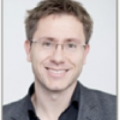
Dario Bercioux ---
Donostia International Physics Center

Erez Berg
Weizmann Insitute

Andres Castellanos-Gomez

Leonor Chico
Universidad Complutense de Madrid

Joel Cox
University of Southern Denmark

Xiaodong Cui
University of Hong Kong

Lorenzo Del Re
Max Planck Institute for Solid State Research

Andrea Ferrary
University of Cambridge

Gregory Fiete
Northeastern University, Professor

Thomas Frederiksen
Donostia International Physics Center and Ikerbasque
Thomas Frederiksen (TF) obtained his PhD in physics in 2007 from the Technical University of Denmark on the topic of inelastic transport theory for nanoscale systems. In 2008 he was awarded a 5-year Gipuzkoa Fellowship to carry out research at the Donostia International Physics Center (DIPC) and abroad. In 2012 he was appointed Ikerbasque Research Professor at the DIPC where he leads a research group on Nanoelectronics. TF is one of the main developers of the DFT-NEGF code "Inelastica" to perform atomistic simulations of inelastic electron transport and local heating in nanoscale devices.

Alexander Högele
LMU München

Stephan Hofmann

Shahal Ilani
Weizmann Institute
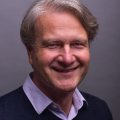
Fabian Jaroslav
Univeristy of Regensburg
Jaroslav Fabian (PhD 1997, SUNY Stony Brook) is a professor of theoretical physics at the University of Regensburg where he heads the Spintronics Group since 2004. Prior to that Jaroslav Fabian was on the faculty at the Karl-Franzens University in Graz, and a research associate in University of Maryland at College Park, and Max-Planck Institute for Complex Systems in Dresden. Research activities of Jaroslav Fabian span a wide spectrum of theoretical and computational solid state physics, but are particularly focused on the physics of 2D materials and on the field of spintronics. He is a member of Graphene Flagship, and several collaborative research initiatives. Recently, he has been excited about the art of creating novel electronic and magnetic properties by proximity effects in stacks of 2D materials.
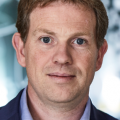
Frank Koppens
ICFO
Prof. Frank Koppens obtained his PhD in experimental physics at Delft University, at the Kavli Institute of Nanoscience, The Netherlands. After a postdoctoral fellowship at Harvard University, Since August 2010, Koppens is group leader at the Institute of Photonic Sciences (ICFO). The quantum nano-optoelectronics group of Prof. Koppens focuses on both science and technology of novel two-dimensional materials and quantum materials. Prof. Koppens is vice-chairman of the executive board of the graphene flagship program, a 1000 MillionEuro project for 10 years. He is also the leader of the optoelectronics workpackage within the flagship. Koppens has received numerous ERC awards: the ERC starting grant, the ERC consolidator grant, and four ERC proof-of-concept grants. Other awards include the Christiaan Hugyensprijs 2012, the national award for research in Spain, the IUPAP young scientist prize in optics, and the ACS photonics investigator award. Since 2018 Koppens is on the Clarivate list for highly cited researchers, in the physics category. Koppens has been elected as fellow of the American Physical Society in 2022. In total, Koppens has published more than 120 refereed papers (H-index 69).
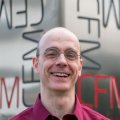
Nicolás Lorente Palacios

Paweł Machnikowski
Wrocław University of Science and Technology

Alejandro Manjavacas
Instituto de Óptica - CSIC

Magdalena Marganska Lyzniak
University of Regensburg

Stevan Nadj-Perge Nad Perge
California Institute of Technology
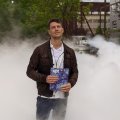
Alexey Nikitin
Donostia International Physics Center (DIPC), Ikerbasque Research Associate

Hryhoriy Polshyn
Institute of Science and Technology Austria

Pawel Potasz

Carsten Rockstuhl
Karlsruhe Institute of Technology

Eli Zeldov
Weizmann Institute of Science

Fan Zhang
University of Texas at Dallas

Michał Zieliński
Nicolaus Copernicus University, Toruń, Poland

Richard Silver
NIST
Registration fees
| Registration fees | Until 14-05-2024 |
|---|---|
| 0 EUR | |
| 300,00 EUR |
Venue
Faculties of Psychology / Education, Philosophy and Anthropology (HEFA I)
Avda. de Tolosa 70, (access from the right side), 20018 Donostia/San Sebastián
Gipuzkoa
Faculties of Psychology / Education, Philosophy and Anthropology (HEFA I)
Avda. de Tolosa 70, (access from the right side), 20018 Donostia/San Sebastián
Gipuzkoa

